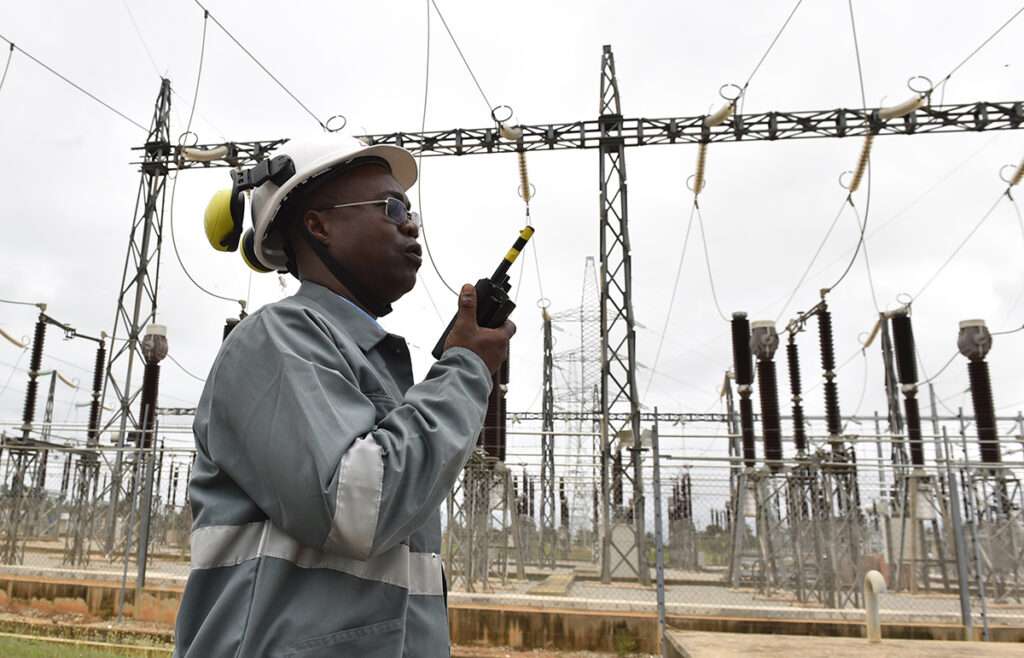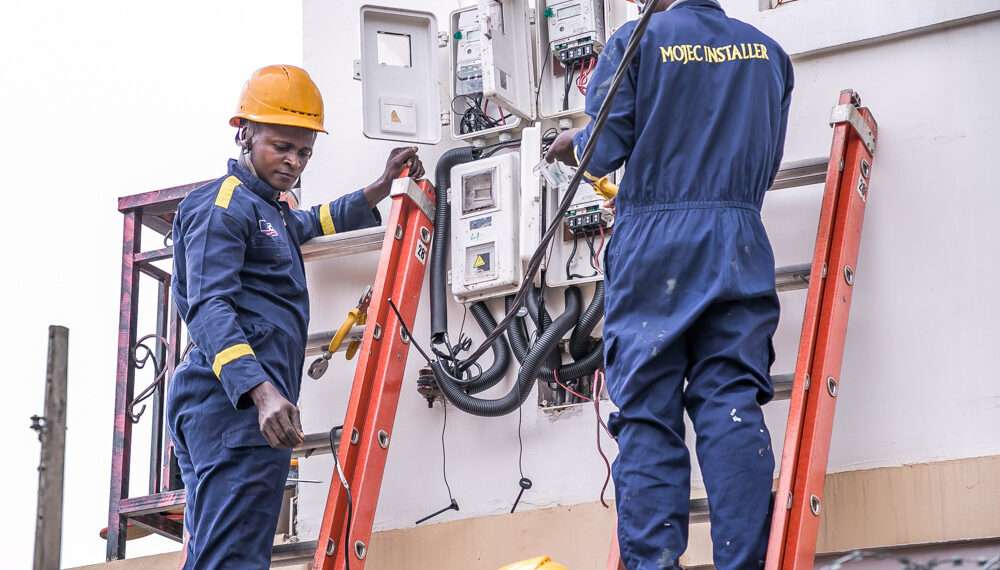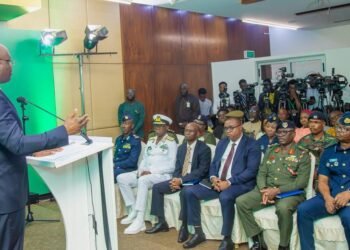Advisor to the Minister for Energy and Green Transition, Dr. Ishmael Ackah, has stressed the urgent need for transparent procurement processes, effective planning, and greater private sector involvement as Ghana confronts deepening challenges in its power sector.
Speaking at a high-level dialogue on “Addressing Ghana’s Energy Sector Challenges for Economic Transformation,” Dr. Ackah identified inefficiencies in the generation segment of the power value chain as a key driver of the sector’s financial instability.
He revealed that approximately 65% of electricity tariffs and debt burdens stem from generation-related decisions, which have often saddled the country with unsustainable liabilities.
“If we are not paying, we owe. Suppose we are able to fix the generation issues, in that case, we can address maybe a lot more of the problems we have.”
Dr. Ishmael Ackah, Advisor to the Minister for Energy and Green Transition
Dr. Ackah emphasized the need for a shift in how Ghana plans and procures power generation capacity.
He highlighted three critical factors undermining the generation segment: poor planning, unclear lines of responsibility, and non-competitive procurement practices.

On planning, Dr. Ackah questioned the rationale behind Ghana’s tendency to sign Power Purchase Agreements (PPAs) that commit to capacities far exceeding projected demand and reserve margins.
“Anything beyond the reserve margin, and we cannot export, becomes a cost. If we don’t pass it on, then it becomes a debt we have to pay.”
Dr. Ishmael Ackah, Advisor to the Minister for Energy and Green Transition
Dr. Ackah criticized the current framework where distribution utilities such as the Electricity Company of Ghana (ECG) and the Northern Electricity Distribution Company (NEDCo) negotiate PPAs while the government ultimately bears the financial consequences.
He noted that many of these agreements are denominated in U.S. dollars and include provisions for annual escalation, which compounds Ghana’s fiscal exposure.
“You go to Nigeria, dollar prices are not escalated. You come to Ghana, the power purchase agreement is in dollars, and we have to escalate it every year. It becomes unsustainable.”
Dr. Ishmael Ackah, Advisor to the Minister for Energy and Green Transition
Reforms Needed for Sustainability

Another major challenge, he said, is the absence of competitive pricing in procurement decisions.
Dr. Ackah noted that some Independent Power Producers (IPPs) introduce expensive plants without proper benchmarking against sub-regional pricing standards, ultimately burdening consumers with higher tariffs.
Turning his attention to revenue collection and metering, Dr. Ackah revealed startling figures indicating systemic inefficiencies in the distribution segment.
“As we speak, out of about six million customers of the utilities, more than 40% do not either have meters or their meters are not working. Now, how do we collect the money?”
Dr. Ishmael Ackah, Advisor to the Minister for Energy and Green Transition
He estimated that these metering challenges significantly weaken the revenue recovery capacity of utilities, contributing to a monthly revenue shortfall of about GHS250 million.
Despite these difficulties, Dr. Ackah acknowledged recent reforms as steps in the right direction.
He cited the Ministry of Energy’s introduction of competitive procurement practices and a World Bank-supported project to deploy one million meters nationwide as critical interventions to stabilize the sector.

The Advisor called for an expansion of private sector participation in electricity distribution to improve operational efficiency.
He urged ECG and NEDCo to strengthen their billing systems, upgrade faulty meters, and enforce robust collections strategies.
He also stressed the importance of aligning all power generation and procurement decisions with the Integrated Power Sector Master Plan (IPSM), developed by the Energy Commission.
According to Dr. Ackah, adherence to the IPSM is vital to ensuring that sector investments are data-driven and economically sustainable.
“Until we address procurement of generation transparently and align with the IPSM, it will be very difficult to have a sustainable pathway in the power sector.”
Dr. Ishmael Ackah, Advisor to the Minister for Energy and Green Transition
His comments come at a time when Ghana’s energy sector is under intense scrutiny over rising debts, inconsistent power supply, and consumer complaints about high tariffs.
Stakeholders have long called for reforms to enhance transparency, accountability, and the financial sustainability of utilities.
As Ghana strives for economic transformation, the insights from Dr. Ackah underscore the importance of robust governance frameworks and strategic planning in ensuring the country’s energy security and supporting industrial growth.
Read Also: Banking Sector Shakeup: Five Ghanaian Banks Under Intense BoG Scrutiny Over Capital Failures



















